Reactions were recorded 10/20/12 at the American Academy of Family Physicians Scientific Assembly 2012 in Philadelphia, PA.
Additional Panel Reactions
Below, past panelists from live APP events provide insight about the play reading and the APP.
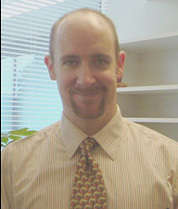 Jeffrey Baxter, MD
Jeffrey Baxter, MD"As an addiction treatment provider, the addiction performance project brought the private day-to-day struggles of my patients and their families into bright, clear, and very public focus. It provided those of us in the audience with the context to discuss issues related in addiction in the open, in a way that, due to privacy issues, we never could by using the stories of the patients and families in our care. It really felt like this performance was a vehicle for demystifying the disease of addiction, and for airing out the shame and stigma felt by those suffering the consequences of addiction."
Jeffrey Baxter, MD
Family Medicine and Community Health
University of Massachusetts Medical School
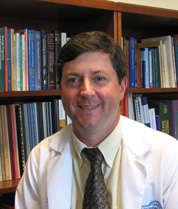 Brian Jack, MD
Brian Jack, MD“My reaction was to see in the characters aspects of patients that I see in my clinical family practice each day. I wondered, what would each of the characters say if they came to my office? How truthful would they be? How insightful would I be? What would I do to help them in their time of crisis?”
Brian Jack, MD
Professor and Chair, Department of Family Medicine, Boston University School of Medicine
Chief of Family Medicine, Boston Medical Center
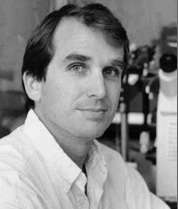 Daniel McGehee, PhD
Daniel McGehee, PhD“The human tragedy of drug addiction is an incredibly complex phenomenon. By using actors to portray this tragedy as a starting point for discussions on the development, expression, and treatment of drug addiction created a truly unique forum. Healthcare professionals, addiction researchers, and members of the general public with personal experiences all participated in the Q&A session that touched on many of the important personal and societal challenges of living with and combating drug abuse. As a basic scientist investigating the mechanisms of addictions, I get immersed in my work, which is necessarily far removed from the experiences of drug addicts. The discussions that resulted from this project were a stark reminder of the importance of our efforts.”
Daniel McGehee, PhD
Committee on Neurobiology
Department of Anesthesia & Critical Care
University of Chicago
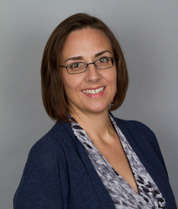 Lee Kim Erickson, MD
Lee Kim Erickson, MD“The reading of the play brought the devastating impact addiction has on families and relationships to life in a way that no clinical talk could ever achieve. The emotions elicited by the actors really drove home the point that this illness is insidious and tragic. They made the case for better diagnosis and treatment better than I ever could.”
Lee Kim Erickson, MD
Chief Quality & Patient Safety Officer
Penn Presbyterian Medical Center
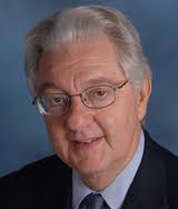 Herbert Kleber, MD
Herbert Kleber, MD"When we meet with a patient, we deal with his/her version of what’s going on inside themselves as well as in the family situation. What the play made much more alive was a very different version of what was going on in the family dynamic. The three male figures—the father and the two sons—all of whom have alcohol problems, blame the mother for her opiate problems and minimize their difficulties."
Herbert Kleber, MD
Professor of Psychiatry, Columbia University
Director, Division on Substance Abuse Columbia/NYSBI
Next Page: Questions for Reflection
